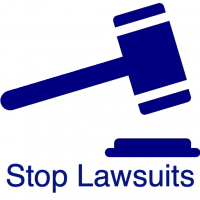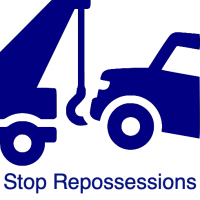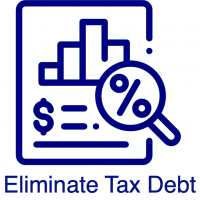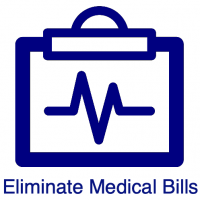Bankruptcy discharge
The Bankruptcy discharge is the goal for filing a Chapter 7 or Chapter 13 Bankruptcy. The discharge releases you from personal liability on your debts. The creditor will be violating the discharge and subject to punishment if they attempt to collect a debt after the debtor receives a discharge.
The discharge is one of the final orders in a Chapter 7 or Chapter 13 case. If you need an affordable bankruptcy lawyer in your area let us know. We offer bankruptcy help in discussing and filing the paperwork for you to get your discharge.
If you have debts in Elizabethton, Johnson City, Kingsport, and surrounding areas, call the office and set up a free consultation with an attorney to discuss whether you need a discharge or you debts.









